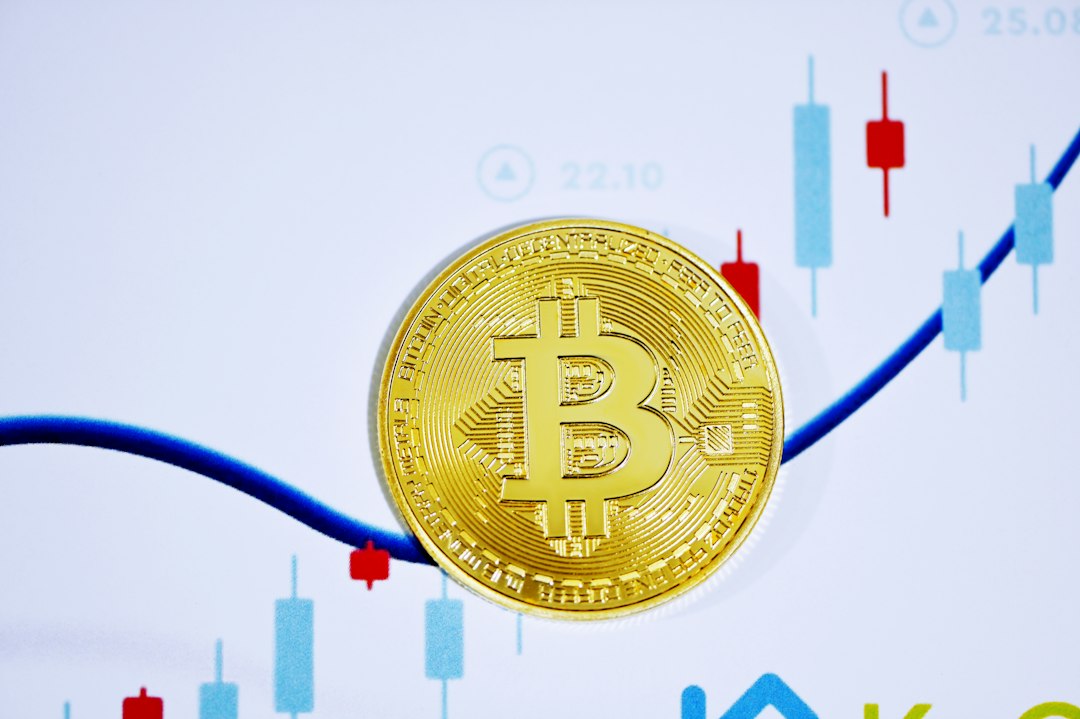SegWit vs. Legacy Bitcoin: A Comparative Analysis
Are you interested in cryptocurrencies? If so, you’ve likely come across the terms SegWit and Legacy Bitcoin. But what do these terms mean, and how do they affect the world of digital currencies? In this article, we will delve into a comparative analysis of SegWit and Legacy Bitcoin, providing you with a comprehensive understanding of their differences and implications.
Understanding SegWit
SegWit, short for Segregated Witness, is a proposed upgrade to the Bitcoin protocol that aims to increase transaction capacity and solve certain issues related to scalability. It separates the transaction signature data from the transaction block, allowing for more transactions to fit into each block. This results in faster confirmation times and lower fees.
Advantages of SegWit:
The Case for Legacy Bitcoin
Legacy Bitcoin refers to the original version of the Bitcoin protocol that does not incorporate the SegWit upgrade. While some argue that Legacy Bitcoin has its limitations, it still holds value and maintains a significant user base.
Advantages of Legacy Bitcoin:
Comparing SegWit and Legacy Bitcoin
Now that we understand the basics of SegWit and Legacy Bitcoin, let’s compare the two in terms of key factors:
In summary, SegWit offers increased transaction capacity, faster confirmation times, and lower fees. However, Legacy Bitcoin maintains its user base through familiarity and compatibility with existing infrastructure.
Frequently Asked Questions (FAQs)
1. Can I use SegWit if I have a legacy Bitcoin wallet?
If you have a legacy Bitcoin wallet, you may need to upgrade to a SegWit-compatible wallet in order to take advantage of its benefits. Check with your wallet provider for more information on upgrading.
2. Are all Bitcoin transactions using SegWit?
No, not all Bitcoin transactions use SegWit. While the adoption of SegWit has been growing, there are still transactions being processed using the Legacy Bitcoin protocol.
3. Will SegWit make my Bitcoin transactions completely free?
While SegWit helps reduce transaction fees, it does not guarantee that your transactions will be completely free. Transaction fees may still apply depending on various factors, such as network congestion and priority settings.
In conclusion, understanding the differences between SegWit and Legacy Bitcoin is crucial for navigating the world of cryptocurrencies. Both options have their advantages and drawbacks, and ultimately, it depends on your specific needs and preferences as a user. Whether you choose to embrace the scalability of SegWit or stick with the familiarity of Legacy Bitcoin, the choice is yours.





 By
By
 By
By
 By
By

 By
By